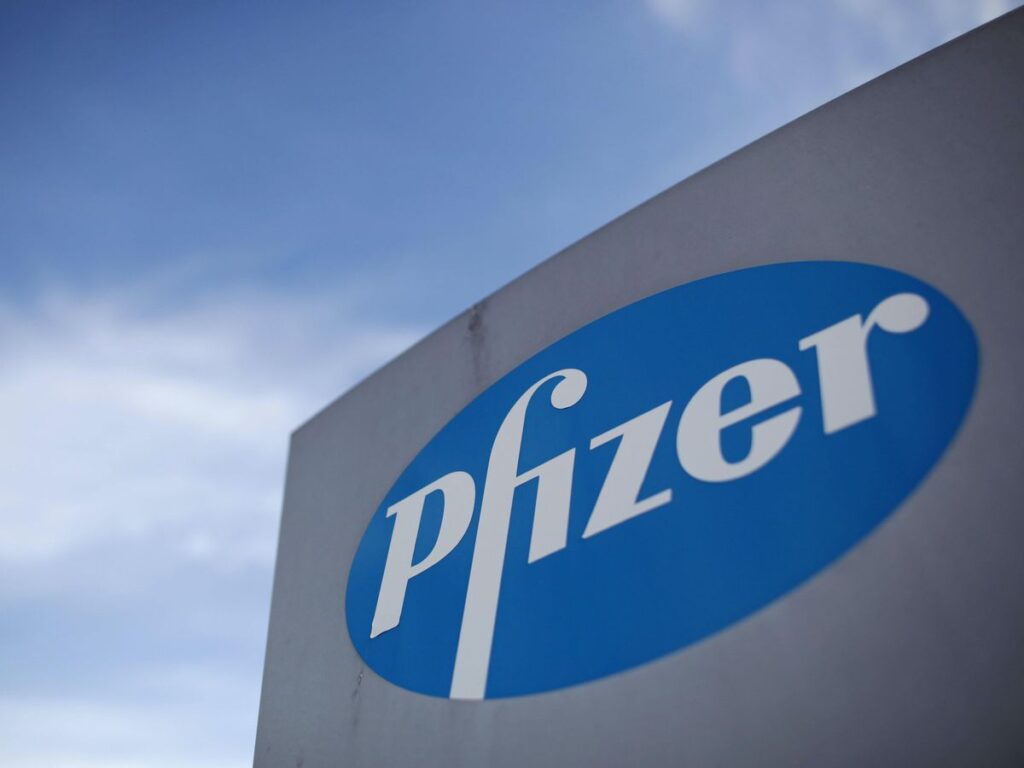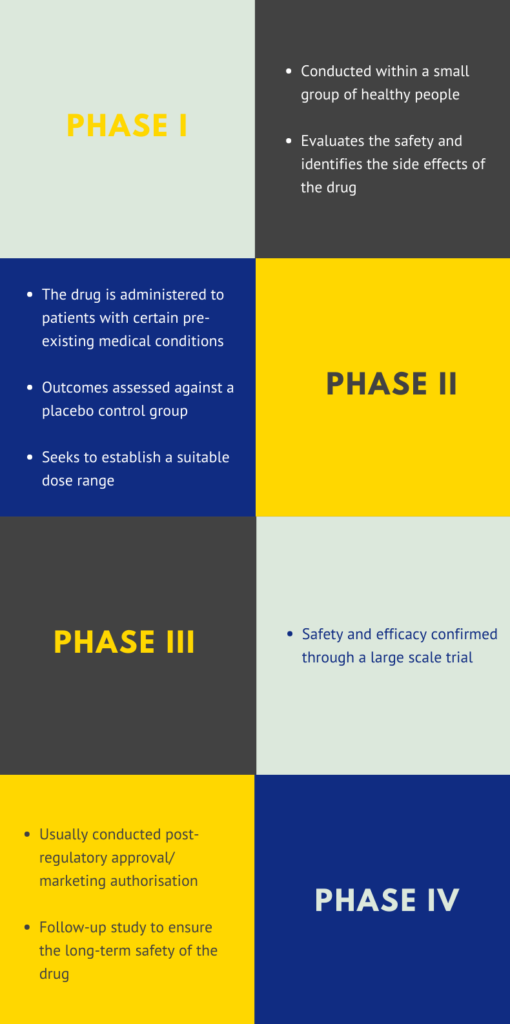On December 2nd, 2020, US-based Pfizer and German-based BioNTech’s vaccine was approved for use in the UK by the MHRA. Pfizer and BioNTech had previously released data indicating that their vaccine was over 95% effective in preventing the symptoms of COVID-19, based on a trial conducted with 43,000 people that is still underway. Fellow US-based Moderna also revealed that analysis of their new vaccine’s clinical trials of 30.000 volunteers showed a 94.5% efficacy. Moreover, no significant side effects were reported.

There remain questions about the vaccines’ efficacy in elderly people, their long-term effectiveness, and also the logistics. Safety, in particular, was a major concern given the uncommonly short timeframe in which the clinical trials were conducted, the data reviewed and the authorization issued. As trusted contractors in clinical research and regulatory affairs, Acceler8 has been closely following the clinical trial process of this highly anticipated vaccine. This blog addresses whether or not speeding up the clinical trials process will affect the vaccine’s quality, and what roles regulatory bodies play in ensuring the vaccine is safe for all parts of the world.
RNA Vaccine
The Pfizer/BioNTech RNA vaccine is the first vaccine of its kind. Although RNA vaccines have entered clinical trials since the late 1990s for treatment of some cancers, this is the first to be approved for human use. While RNA vaccines have, until now, been under development, various studies have proven them to be advantageous as they can be readily produced in the laboratory from DNA templates, making them less expensive and faster to produce than conventional vaccines. While the technology is new, an established clinical trial process applies, ensuring these drugs go through rigorous research and safety testing.
For most medical conditions, developing vaccines and drugs take many years, even decades, from drug design, clinical research, regulatory approval, to post-marketing reviews. Acceler8 Clinical Research has first-hand experience of this process, conducting clinical trials on behalf of clients from pre-clinical through to marketing authorisation.
The drug development process
The process is typically divided into pre-clinical and clinical research. Clinical research consists of three or four phases:

In a standard approval process, the drug developers (or their regulatory consultancy) will submit the trial data to the relevant regulatory body after the clinical trial phase III. Compiling the submission and the subsequent review by the regulatory body/bodies can be a lengthy process, and the application may take many months before approval is received. Once fully available, post-marketing studies on the pharmaceutical products would be concurrently conducted.
Emergency Use
In an accelerated procedure, a drug may be given special dispensation to be made fully available while clinical trials or regulatory approval processes are still underway. As COVID-19 is declared a public health emergency by the US Department of Health and Human Services (HHS), the US Food and Drug Administration (FDA) can justify issuing an Emergency Use Authorization (EUA) to COVID-19 related products. In February 2020, COVID-19 testing kits were approved for use under an EUA, and likewise Remdesivir in May 2020 in the US. In Australia, however, Remdesivir was provisionally approved for use later in July 2020.
The path to widespread vaccination
Pfizer had previously stated that it had fulfilled FDA’s safety requirement that the test participants be followed-up for two months to ensure there have been no serious side effects. In order to expedite the approval of COVID-19 vaccines, it is likely the authorization process was initiated alongside the conclusion of the Phase III clinical studies. Rapid manufacturing to enable fast distribution of the vaccine will also have taken place concurrent to the clinical trial Phase III and approval process.
Furthermore, local health regulatory bodies are under enormous pressure to prioritize approving COVID-19 vaccines so that they may be provisionally approved for public use while the study proceeds to Phase IV. It is has been announced that the vaccine will be first given to high risk population, such as the elderly, healthcare workers, or those with underlying health conditions. Adverse events will continue to be monitored and the safety of the vaccine continually assessed. While a typical review by a regulatory body may take many months, staffing and funding will have been channelled into reviewing vaccine submissions on an unprecedented scale, enabling the process to be accelerated without any compromise in the volume or quality of data.

Apart from safety, another concern of the COVID-19 vaccine is the logistics of distribution. As RNA is a very fragile molecule, the vaccine must be stored at extremely low temperatures to avoid degradation. While this poses some challenge in the UK, it may be prohibitively challenging in low-to-middle income countries. Furthermore, as wealthier nations pre-order vaccines, the supply to developing nations is limited.
There are still hurdles to overcome and milestones to be met before the COVID-19 vaccine offers a global solution. It will be an international collaborative effort between public and private sector to ensure the ongoing safety and availability of this vaccine.
About Acceler8 Clinical Research
Acceler8 Clinical Research conducts clinical studies for pharmaceutical, biotechnology and medical device companies, offering services managing the entire process, from start to finish. We have a wide range of therapeutic area expertise and all of our personnel have direct, hands on experience of Clinical Trials and ICH GCP with the ability to provide a real world insight into the role.
